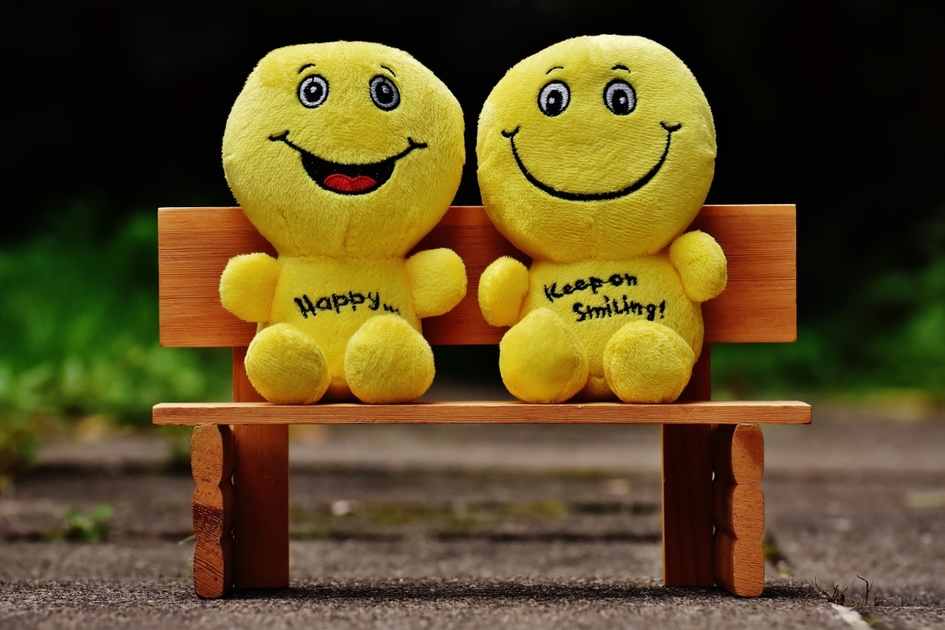
Dear Therapist:
As the yom tov of Purim approaches, I wonder if the esteemed panel can elaborate a bit on "happiness." There is so much attention today being paid to being happy. It is even enshrined in the declaration of independence as a right. I sometimes wonder if the fact that people chase happiness, which can be so elusive, actually makes them more miserable. As therapists who are bnei torah I was hoping you could share your thoughts on happiness, simcha, and the path towards it.
Response:
Happiness can be defined in many different ways. Some would equate happiness with feelings of equilibrium. Others would describe happiness as an emotion akin to excitement. Yet others would describe happiness as the absence of active feelings of depression. Also, within these and other types of happiness, each one is experienced on a spectrum. The differences in people’s understanding of happiness are as varied as their personalities. If I were to experience what you refer to as happiness, I might not really recognize the feeling. Or I might recognize it, but classify it differently (for instance, as “calmness”). Or I might recognize the feeling as happiness but categorize it as a different level or form of happiness.
Some people wouldn’t describe themselves as happy unless they generally have a feeling that they define as happy. Others will refer to themselves as happy as based on specific instances in which they feel “happy” (for instance: “I’m a happy person because I feel good when I’m with friends”).
For the sake of simplicity, I will refer to happiness as a general feeling of contentment that is only negatively affected by significant external issues. Of course, “significant” is somewhat subjective, but we will qualify a significant external issue as something that would cause the average person to feel negatively to the same extent and duration.
When you come down to it, isn’t happiness the only thing that we truly chase? Even if we don’t consciously recognize it, happiness underlies all of our goals. Why do I want a nice house or an expensive car? If it’s purely for enjoyment, this will make me feel “happy.” If I want things in order to show off to others, what’s the reason that I feel this need? Usually it’s to make me feel better about myself. Regardless, in the end I feel that it will make me “happy.”
In my opinion, chasing happiness in and of itself certainly can lead to the opposite result. This is because most people chase things that they believe or feel will make them happy. When we focus on any external factor or factors as the source of our happiness, we neglect to work on intrinsically based self-esteem, which is the true source of happiness.
We don’t generally like others for their possessions, actions, or achievements. We like them for who they are. Properly identifying intrinsic qualities that make us like others can help us to begin seeing these qualities in ourselves. Ultimately, this leads to liking ourselves for who we are (not for what we do, what we’ve attained, or what we have). In my experience, reaching this goal is what allows us to be truly happy.
Have a “happy,” equilibrial, exciting, non-depressed, calm, generally contented, Purim!
Yehuda Lieberman, LCSW
psychotherapist in private practice
Brooklyn, NY | Far Rockaway, NY
author of Self-Esteem: A Primer
www.ylcsw.com / 718-258-5317
Disclaimer
The Contents Of This Blog, Including Text, Graphics, Images, And Other Material Are For Informational Purposes Only. Nothing Contained In This Blog Is, Or Should Be Considered Or Used As, A Substitute For Professional Medical Or Mental Health Advice, Diagnosis, Or Treatment. Never Disregard Medical Advice From Your Doctor Or Other Qualified Health Care Provider Or Delay Seeking It Because Of Something You Have Read On The Internet, Including On This Blog. We Urge You To Seek The Advice Of Your Physician Or Other Qualified Health Professional With Any Questions You May Have Regarding A Medical Or Mental Health Condition. In Case Of Emergency, Please Call Your Doctor Or 911 Immediately. The Information Contained On Or Provided Through This Blog Is Provided On An "As Is" Basis, Without Any Warranty, Express Or Implied. Any Access To This Blog Is Voluntary And At Your Own Risk.
 Previous
Previous

